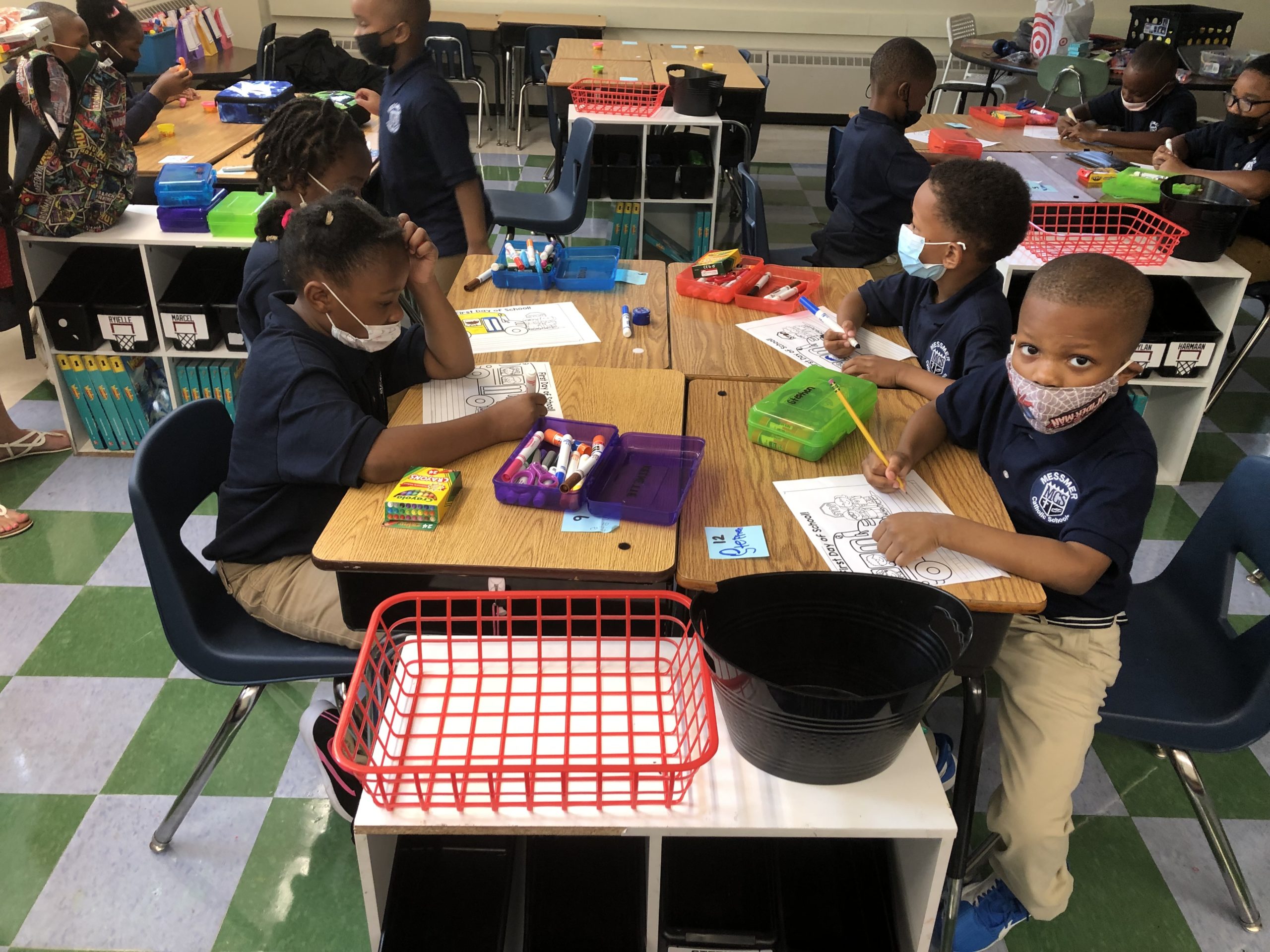
Messmer Schools are looking for mentors who can show students the possibilities of future careers. (Submitted photo)
When Messmer Catholic Schools President Jim Piatt was in high school, he contemplated a career as an electrician.
Living in Wisconsin Rapids, he could easily rattle off the names of several electricians he could go to for advice or a possible apprenticeship. While he went on to college, it was reassuring to him that there were professionals available to help. It is much different for students living in a large metropolis, such as Milwaukee, where most may not know professionals in their field of interest to offer guidance.
He hopes to change all that for his students.
To meet the needs of college-bound and non-college-bound students, Messmer is in the process of reforming their curriculum and grading structure around pathways to careers based on traditional college as well as other forms of post-secondary skilled training and employment.
“Our students are children of God who deserve the fullness of dignity. Our 95-year foundation as a Catholic school begins with nurturing their faith and educating them to be ethical citizens,” Piatt said. “The fundamental work as a school is rooted in core literacy and math skills. This is not enough. We are compelled to enable students for the day they leave Messmer, and that includes exposure, experience and relationships.”
Piatt added that for students from families who have been racially excluded from many career pathways for generations and for many who also live in poverty, the costs to career exploration and changing college majors are prohibitive.
“One issue for students without financial barriers is that there is not a high cost for switching majors in college. It isn’t more than a blip for them if they have to take an extra 9-12 credits to accommodate a change in majors,” he said. “But for kids who are financially overextended, deep in debt, and wanting to change majors, it isn’t the same kind of experience. This is what feeds college dropout rates. For these students, they can’t afford to take on an extra semester when they are deep in debt; not to mention it limits their time to earn money, which is especially difficult for kids on the margin, especially when combined with the effects of racism and racial exclusion.”
Lack of real experiences and a network of relationships to access employment pathways is still the reality for many students of color in many careers, Piatt said. By emphasizing exposure and experience, Messmer’s vocational program will provide students with the most direct contact with attractive career pathways and the most hands-on and project-based lessons possible so students can gain a more profound experience of what various careers entail.
“Then, we need deeper community commitment to establish relationships and open networks to mentors for our students,” Piatt said. “Many students of color do not have family members in a number of attractive career pathways, which is certainly true in STEM and skilled trades.”
While the mentorship and career pathways program are available at the high school level, Piatt explained they are in the early stages of formulating a similar, cohesive program within the middle school structure.
“Opening up professional networks can make a big difference that can spark kids. It is much different when you know the door is open to you,” he said. “The level of uncertainty and lack of opportunity to build confidence with skills is really an inhibitor, especially for kids who don’t have a variety of positive experiences and relationships because they don’t know people in those fields.”
Their work as educators comes to fruition in the chosen vocation of each Messmer graduate, said Piatt, adding that each student deserves the exposure, experience and relationships to make an empowered choice to embrace their life calling.
“The Catholic school growth framework begins in dignity and culminates in a vocation: ‘To what/where/whom is God calling me?’” Piatt said. “It is unjust for any student to have barriers based on race, income and/or zip code that inhibit her or his opportunity to follow this call and to fully actualize potential and fulfill purpose.”
Piatt urges those willing to help to contact Lisamarie Arnold, director of admissions and community relations at 414-416-4931.
